Persons with disabilities still lack full access to many United Nations and affiliated forums and programs, despite the landmark Convention on the Rights of Persons with Disabilities (CRPD) and the organization’s mandate of inclusiveness and support for human rights.
A study by American University’s Institute on Disability and Public Policy (IDPP), with support from The Nippon Foundation, is the first systematic attempt to examine accessibility barriers in global governance.
Entitled “Accessibility in Global Governance: The (In)visibility of Persons with Disabilities,” the study combines interviews with several subject matter experts with a global survey of disability rights advocates to examine the reasons behind the low levels of participation in international policy-making forums among persons with disabilities and their organizations.
The study highlights the social, political, economic, and technological factors that inhibit the participation of persons with disabilities.
It recommends immediate actions modeled on pioneering interventions at recent U.N. and other decision-making forums and programs, which can empower more than one billion people around the world to effectively participate in global governance processes.
While some important progress has been made over the last few years, many of the barriers identified in the study continue to exist. The study finds some of the biggest obstacles to be lack of accessible information before, during, and after international conferences, lack of accessible physical infrastructure at conference venues, insufficient use of accessible technologies for remote participation, and lack of funding for events and travel.
“Given the size, scope, and economic condition of persons with disabilities around the world, it is highly problematic that these barriers to participation continue to exist in the global policy processes that influence many aspects of their lives,” said Dr. Derrick Cogburn, IDPP Executive Director and Professor at AU who led the study.
“For persons with disabilities, physical and electronic inaccessibility to U.N. conferences, meetings and events has the effect of excluding individuals from actively participating in policy formulation processes” said Dr. Filippo Trevisan, IDPP Deputy Director and Assistant Professor at American University, who co-authored the report.
The authors also make a number of important recommendations to enhance the accessibility of its meetings both at U.N. facilities in New York, Geneva, and around the world, and at host country venues. The study highlights one low-cost but potentially significant solution.
“Systematically introducing remote participation through accessible web-conferencing and other tools would substantially increase opportunities for persons with disabilities to participate effectively in global governance events,” said Dr. Cogburn.

